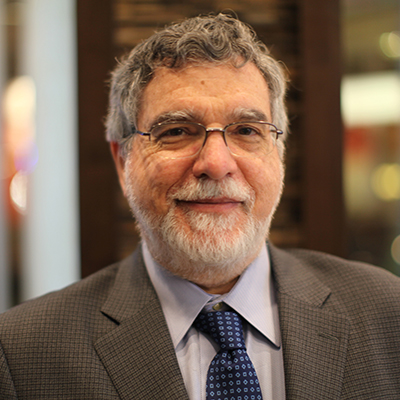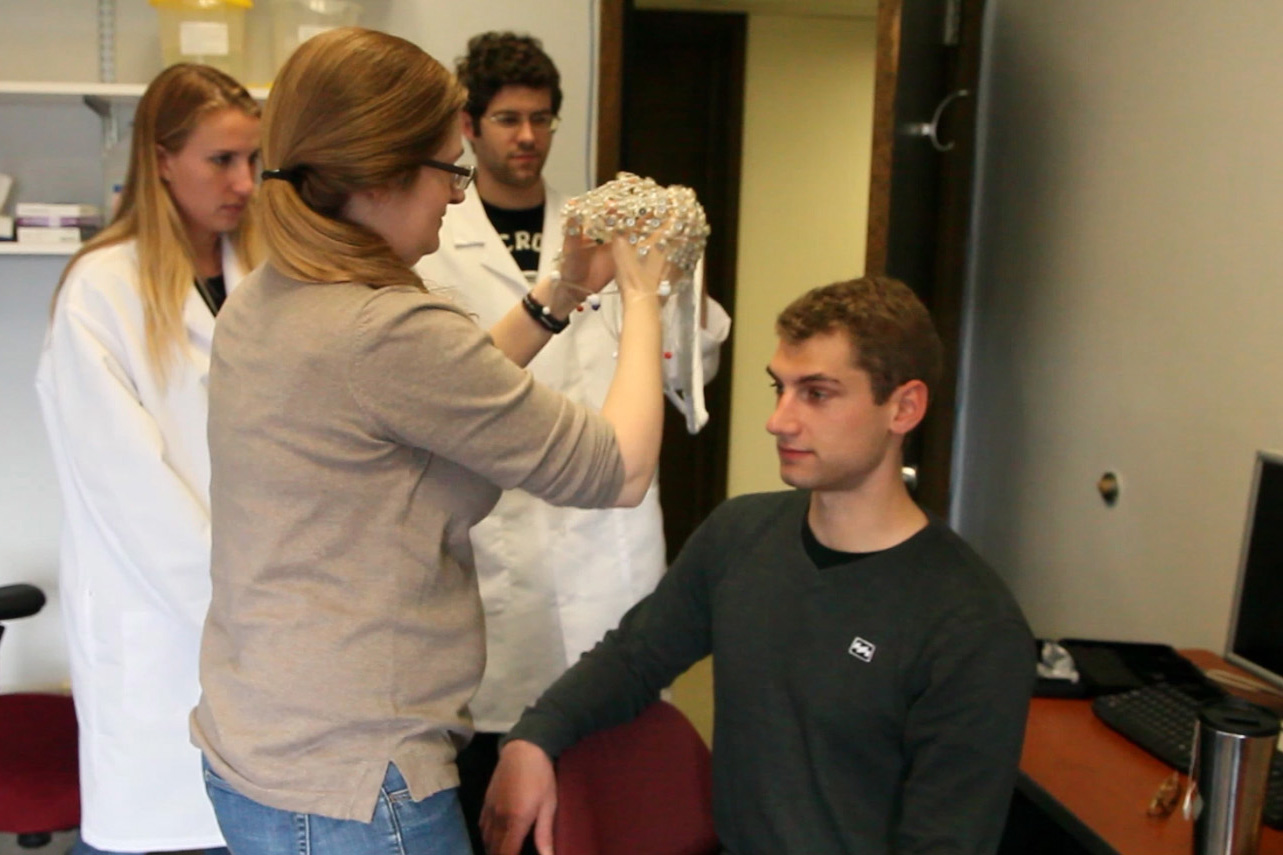An owl. An old man with a cane. Yoda. The symbols of wisdom are well known, but what do we actually know about being wise? That’s the question that will be the focus of University of Chicago’s new Center for Practical Wisdom, the first research center of its kind in the world.
“Wisdom isn’t something that’s mystical or magical,” says Howard Nusbaum, the center’s director and a professor of psychology. “It’s something that people can learn by various kinds of experiences. Our research is trying to understand those experiences and how … [they] can lead to wiser decisions.”
That’s where the “practical” part of the center’s name comes into play. Nusbaum makes it clear that the center isn’t just trying to define or categorize wisdom. Researchers will be looking at how people can learn to make wiser everyday decisions. In an age where people are more interconnected than ever, that's something hat has immense value.
We spoke with Nusbaum about what he envisions for the research center, and why veteran ballet dancers make wiser decisions.

How did you get into the field of studying wisdom?
I’m a cognitive psychologist and neuroscientist. One of the core things I study in the laboratory are things that are thought to be unlearnable. So for example, two of my former students are studying how to give people perfect pitch. People think perfect pitch is something you’re born with, or you have to learn music at an early age to get it. But they are, in fact, teaching people who are adults to have perfect pitch.
[Similarly,] there’s a belief that you’re either wise or you’re not. You’ve gone through life experiences that led you to be wise—like icons like Yoda or King Solomon. People think it’s either a science fiction notion or a mythical story that doesn’t seem current or applicable to us—certainly not something you could learn. But my perspective is, there are few things we cannot learn. It might not be the case that we can be taught wisdom, but we can have experiences that increase wisdom a little bit.
What do we know about wisdom so far?
If you read Aristotle’s Nicomachean Ethics, there’s a nice definition of wisdom there. We can talk about practical wisdom, which he calls Phronesus, or a wise state of being, which he calls Sophia—as in philosophy. We decided one could study practical decisions that might be wise. It might be harder to find wise people and study them.
Wisdom is when you make a decision that leads to human flourishing. Now, what does flourishing mean? Not doing something selfish or that just makes you happy, but doing something that helps people—and in helping other people, you’re helping yourself in a more substantial way. Reading philosophies by Nancy Snow or Valerie Tiberius, on ethics and virtue, I came to think that one might not think about wisdom or being wise as a natural property of the world but something that emerges as a consequence of being reflective about decisions in such a way that takes into account other people’s needs and perspectives.
So you’re saying wisdom inherently is a communal trait, something that depends not just on an individual but on the group they are a part of?
That’s a choice, to define wisdom that way. One could probably define it in a lot of ways. But if you think of the way we speak in English, to distinguish between smart and clever (which typically means trickily smart), we think of wise as having some kind of goodness or virtue/respect in other people. It’s in the context of being more socially supportive.
What else distinguishes wisdom from being generally smart?
There’s a societal judgment that whether [a decision] is wise or not, is in fact outcome-based. Judging the decision as wise only comes when you know the outcome was successful. And if there’s no uncertainty about the outcome, no one is going to call it a wise policy.
But we have to ask—in our center, in our research—is that the standard we want to hold? Or is there a process that we might call a wise decision process, that might be engaged regardless of outcome?
Tell me about some of your research findings.
One paper we published looked at what kind of experiences might be related to wisdom. We chose to look at meditation, and also at physical practices known as Feldenkrais and Alexander Technique, which are used by musicians and actors for maintaining your posture and getting centered in your body, which some advocates say has mental effects. We found that people who meditated for many more years scored higher on measures of wisdom, but people who engage in Feldenkrais or the Alexander Technique, they start high [in wisdom] but don’t go up over time.
The interesting thing is, we measured a control group that would be engaging in something for years over time but is not necessarily related to wisdom, so we chose people who were ballet dancers. Ballet dancers, when they start out, don’t score so high on the wisdom scale. But it turns out that ballet dancers who dance for years show significantly higher wisdom. We found that [result] in a larger sample of ballet dancers, even after statistically controlling for age, income, and education. It could be that wiser people stick with it. It could be that the practice of ballet requires self control and self regulation. It could be that ballet dancing brings you into contact with lots of different people and that experience helps you make wiser decisions.
Would you say the study of wisdom is more important in the modern age than ever before?
I think it’s something that has always been studied—in other eras, the needs have been just as great. But the ability to think about the mind and brain as something that’s malleable by experience [is fairly new]. We now have a different approach in modern psychology and in institutional policies, what we call nudge-based policies, in helping people achieve better outcomes. We have the opportunity now to, not inadvertently, take actions that have bigger effects.
Have you gotten wiser by studying wisdom?
I’m not any wiser but I think more about my decisions, especially when they affect other people. My contact with philosophers has shifted my experience about moral virtues—generosity, gratitude, honesty, trust, courage—those things that we think of big ideas that are maybe philosophical, but when they’re practiced in one’s own life, make it easier to make a wiser decision.



